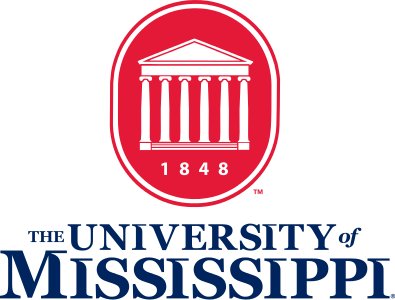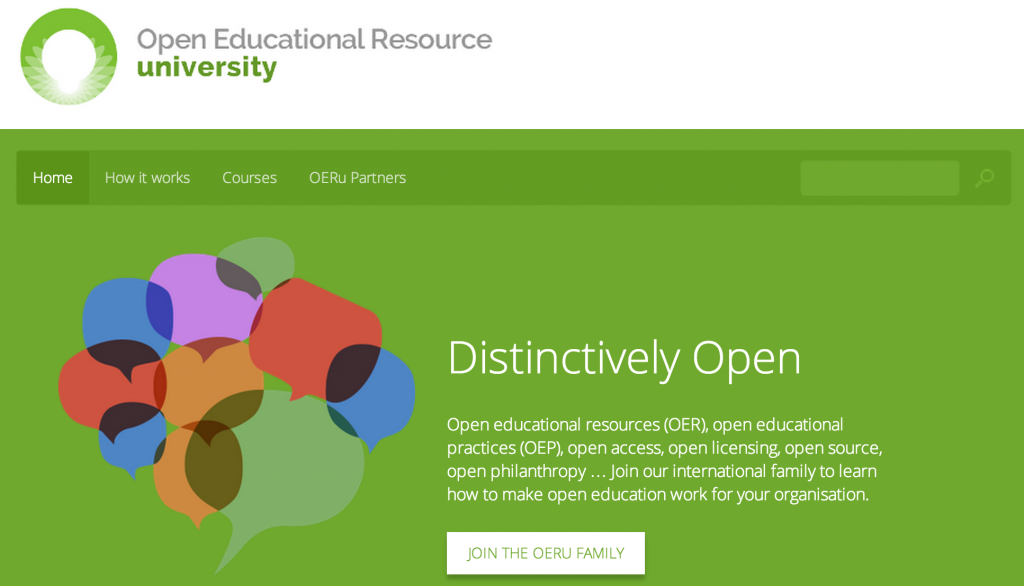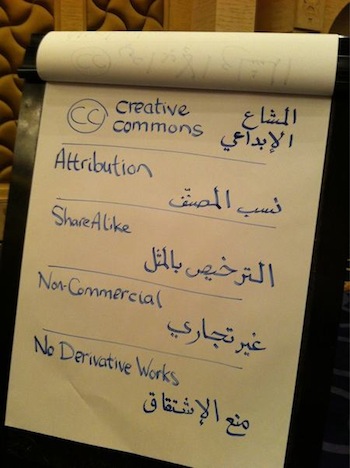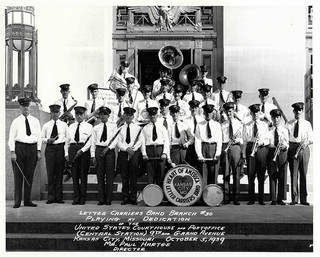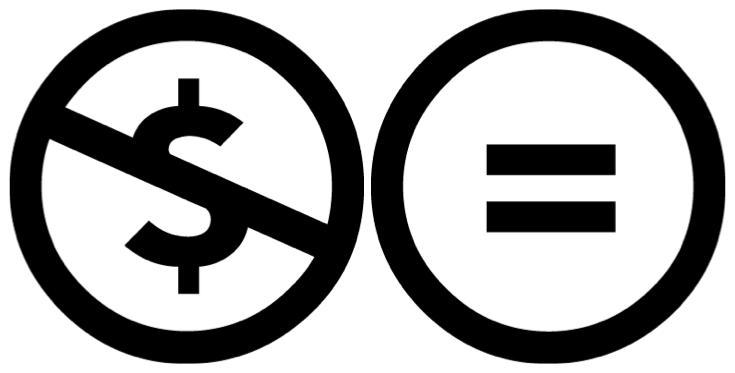University of Mississippi to incorporate School of Open’s Wikipedia course
mercredi 6 novembre 2013 à 18:54This is a guest post by Pete Forsyth, organizer of the School of Open’s “Writing Wikipedia Articles: The Basics & Beyond” course and member of WikiProject Open.
The University of Mississippi’s Spring 2014 course “Open Educational Resources and Practices” will include the module “Writing Wikipedia Articles” (aka WIKISOO), which I developed and taught through the School of Open; as well as “Open Content Licensing for Educators,” developed and taught by Wayne Mackintosh as part of the OER university consortium. The new graduate level course (Edhe 670), taught by Dr. Robert Cummings, will invite learners from around the world to take these two course modules alongside graduate students, free of charge. This is the first time a university has adopted a School of Open course as part of a formal university course.
In the new course, both online learners and University of Mississippi students will actively participate in open educational practices, even as they learn the theory and history of open education and related concepts. Online learners will enjoy university-level instruction free of charge and without the need to enroll in a degree program.
Noting the advantages of this first-of-its-kind course, Associate Professor Robert Cummings said,
“University of Mississippi graduate students in the School of Education will prepare for their careers with this unique opportunity to engage the emerging global field of Open Educational Resources. UM students will not only learn about OER, its origins, and its role in the classrooms of the future, but they will have the opportunity to work with developers and theorists—both as fellow students and emerging practitioners—in a synchronous, global classroom of enrolled students and un-enrolled learners.”
The course’s subject matter should be of particular benefit to those interested in the future of education. Educators are embracing openness in education by using the increasingly interactive and ubiquitous Internet. In doing so, they aim to lower financial costs, reduce legal complexities, and otherwise eliminate barriers for learners worldwide.
“Open education signals a return to the core values of the academy, namely, to share knowledge freely,” said OERu founder Wayne Mackintosh, who teaches the “Open Content Licensing for Educators” module. “Working together we achieve far more than working alone. This course is an exemplar of open collaboration widening learning opportunities for all.”
The ability to engage and collaborate online and in real time, across geographical borders, presents opportunities that didn’t exist a few years ago. Wikipedia in particular has enabled hundreds of thousands of people around the world to connect in meaningful ways, united by a shared passion for freely sharing knowledge. As part of the team that created the Wikipedia Education Program, Dr. Cummings, Dr. Mackintosh, and I have long worked to bring Wikipedia’s community and the world of formal education closer, so that each may learn from the experience of the other.
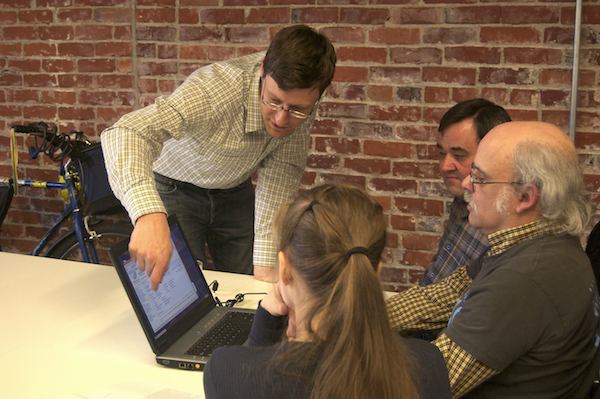
…demonstrating Wikipedia use / Ellis Christopher / CC BY
Wikipedia is important not only as a publication, but also as a vibrant learning community, and as a collection of highly effective collaborative processes. Wikipedia offers many valuable case studies in effective online collaboration, both in connection with and independent of formal academic study. I’m looking forward to this opportunity to work with UM students alongside learners around the world.
If you would like to take one or both of the open modules, sign up to receive updates today!
- Open Content Licensing for Educators (OER university; 2 weeks in February)
- Writing Wikipedia Articles (WIKISOO) (School of Open, 6 weeks, starting in February)
